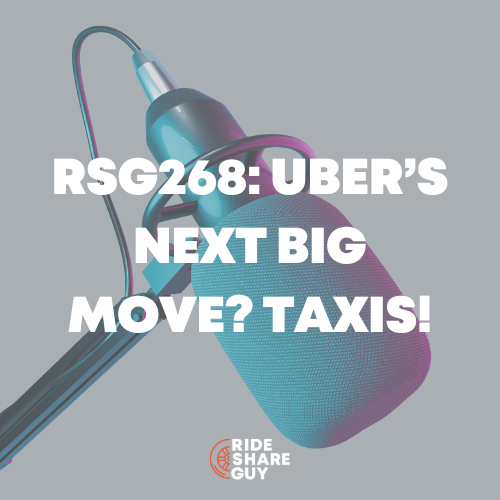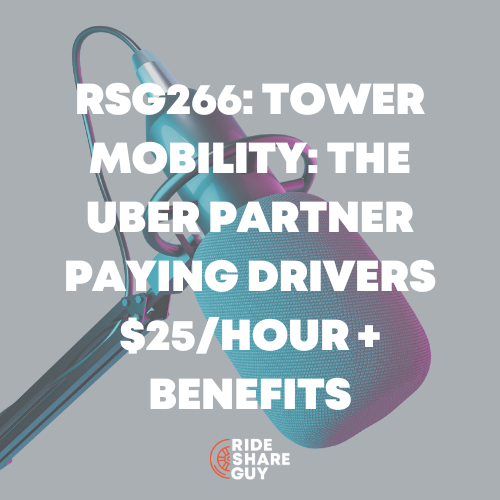Join Harry as he speaks with Kathryn Webster, an associate at KKR, a global investment firm investing across private markets in every asset class all over the world and founder of Together Achieving Dreams Foundation, bridging the gap between potential and possibility for the blind and low vision.
Harry and Kathryn discuss the ins and outs of dealing with rideshare as a blind person.
Listen to RSG260 With Kathryn Webster
If you like podcasts better, check us out on Apple Podcasts or Spotify! While you’re there, hit subscribe so you don’t miss our latest episodes!
Quick Takeaways
- When addressing blind passengers, Kathryn suggests that rideshare drivers ask them how they’d like to be addressed, and they are moving toward less “blind person” and more low-vision.
- Kathryn uses a Lyft or Uber every day or every other day and prefers not to inform the driver she is blind and would like to just ride like any other rider.
- She prefers to send drivers a message to let them know she has a service dog so they can decline her before they arrive to avoid embarrassment.
- Guide dogs are dogs that help people who are legally blind, a service dog helps people with other physical disabilities, helping them with their weaknesses.
- Service animals are not emotional support dogs; they are completely different “animals.”
- According to Lyft, the questions drivers can ask include: Is the animal required because of the disability? What work or task is the animal trained to perform?
- If the passenger says the animal isn’t required due to a disability, drivers do not have to accept the dog on the ride.
- Drivers should keep a towel or blanket in the car just in case they take a rider with a service dog to prevent damage to their car.
- Fake service dogs are a problem in the industry, and they give genuine service dogs a bad reputation.
- Drivers can ensure a dog is a service dog by asking the two important questions allowed, so they can differentiate between service dogs and those faking it to try to get their dogs in places they don’t belong.
- Kathryn stressed that she relies on Uber and Lyft for her transportation and she will do whatever she can to make the rides be as respectful as possible, and she asks the same of drivers.
- Lyft’s Anti-Discrimination Policies
- Lyft’s Service Animal Policy
- Downloadable Policy Copy: Service Animal FAQ and Policy
- 3-Minute How-To: Service Animals
- Service Animal Hotline: 1-844-554-1297 for direct phone support
RSG260: Watch The Podcast On YouTube
Watch our YouTube episode to learn more about rideshare for anyone with a disability and a service dog. While you’re there, hit subscribe!





